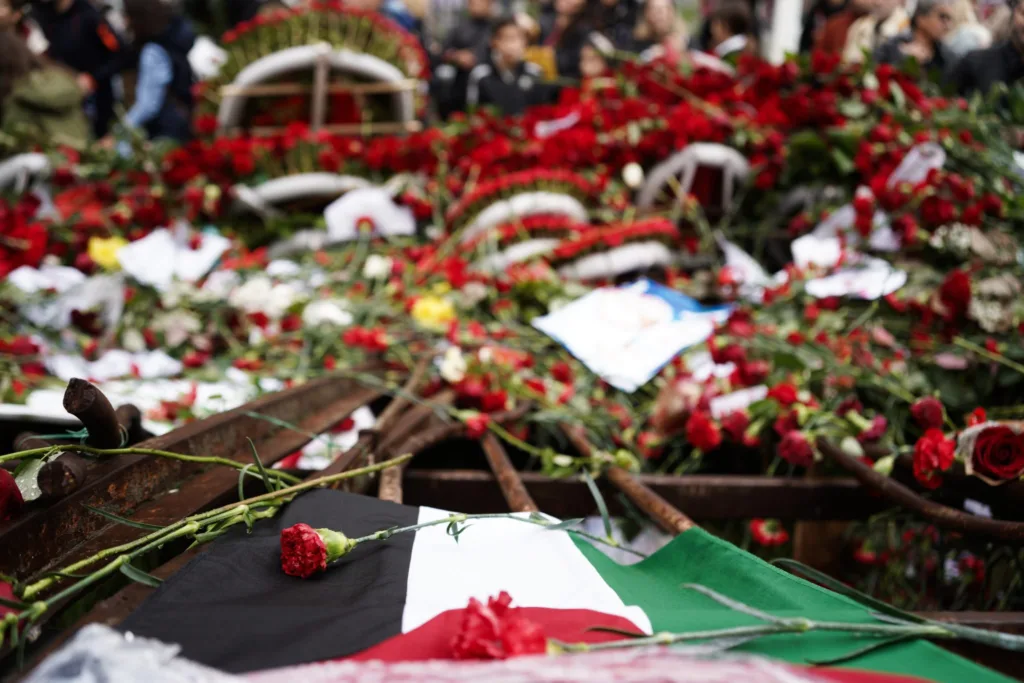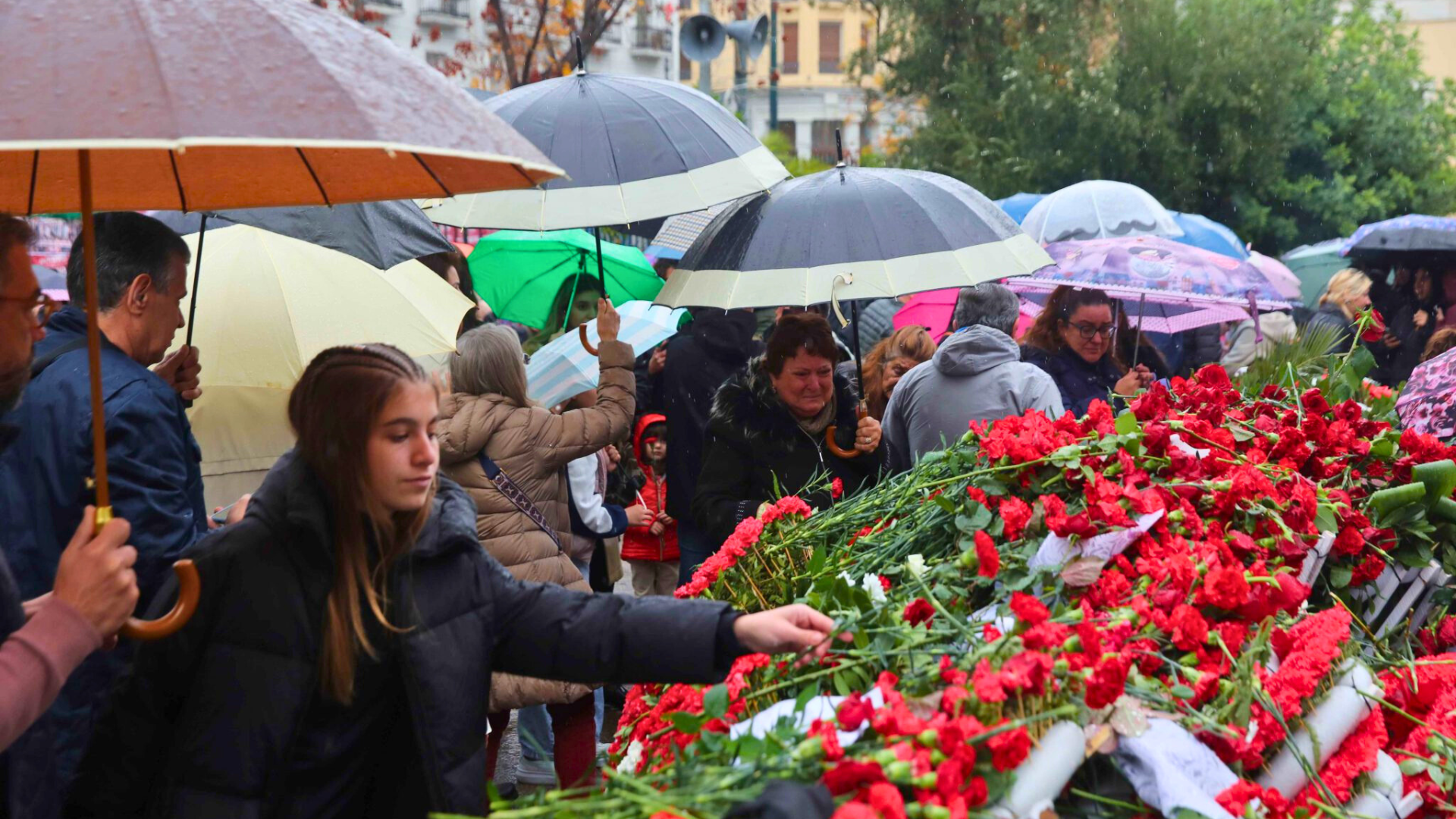Despite wet weather, crowds gathered early on Sunday, November 17, at the Athens Polytechnic to honour the 51st anniversary of the 1973 anti-junta uprising. Families, students, and political figures commemorated those who lost their lives fighting for democracy during the military dictatorship.
Attendees placed flowers at the monument, sharing stories of the uprising with younger generations. “Rain or shine, we promised we’d come,” said one father, accompanied by his young child. A woman from the “Polytechnic Generation” reflected, “This historical event must never be forgotten. Its relevance endures today.”
Prime Minister Kyriakos Mitsotakis underscored the uprising’s legacy, calling it “an enduring symbol of progress” and a reminder of Greece’s commitment to democracy. President Katerina Sakellaropoulou emphasised its significance amid modern challenges, stating, “Democracy is our most valuable asset.”

The day culminated in a march from the Polytechnic to the US Embassy, with around 25,000 participants chanting slogans like “The Polytechnic uprising lives on” and “Freedom in Palestine.” The protest also drew criticism of US support for the junta during the Cold War.
Authorities deployed over 5,500 officers, supported by drones and helicopters, to monitor the march and prevent unrest. Police detained over 110 individuals in pre-march checks. In Thessaloniki, clashes erupted as demonstrators threw Molotov cocktails, prompting police to respond with tear gas.
The Polytechnic uprising is widely seen as a turning point that hastened the collapse of Greece’s military dictatorship, leading to the restoration of democracy in 1974. Protests were held nationwide, reinforcing its enduring call for freedom and justice.
